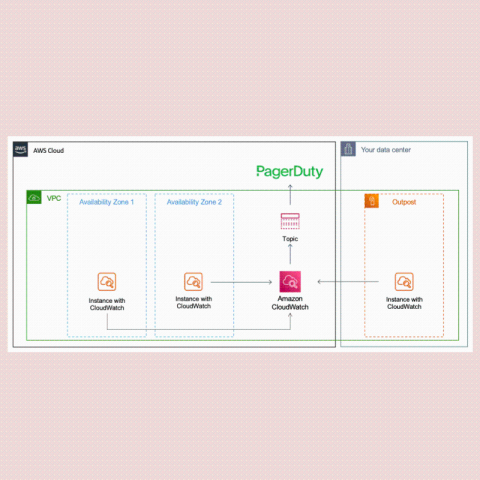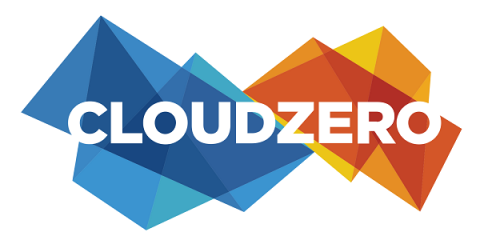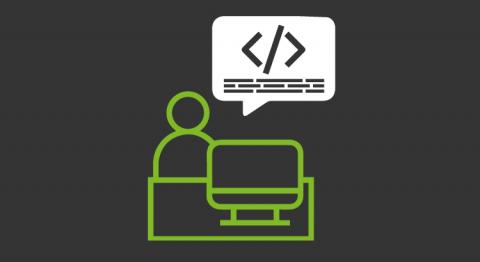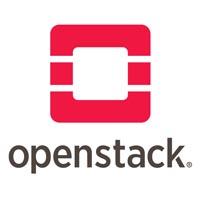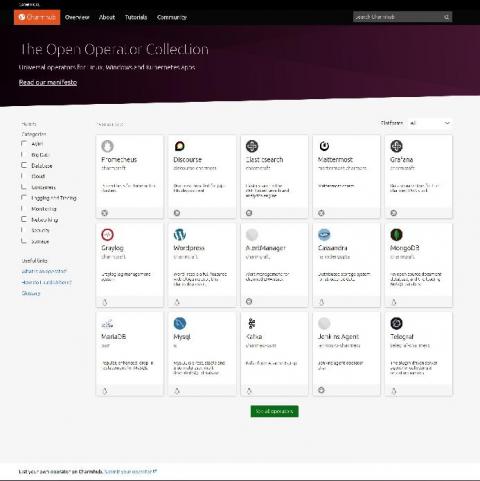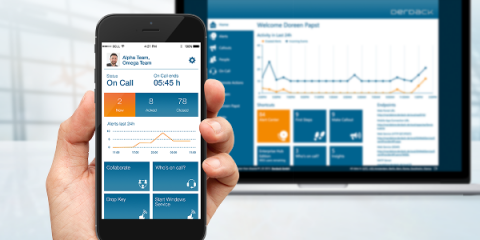Operations | Monitoring | ITSM | DevOps | Cloud
Latest Posts
Facilities and the Service Desk: There's a Space for That!
To The Cloud and Back On-Prem With AWS Outposts
Ask most people what they consider to be the core value of the AWS cloud, and they’ll probably include things like AWS’ scalability and flexibility. While this refers to their public cloud offerings, the same can be said about AWS Outposts—and maybe even more so.
4 Ways Cloud Costs Should Influence Your SaaS Pricing and Product Roadmap Strategy
On a day-to-day basis, both engineering and product management in software companies involves constant trade-offs. Everyone has a long backlog of tasks and needs to make decisions about what to prioritize on a daily, weekly, and monthly basis. Figuring out what to tackle first, what to put off for later, and what to say no to is critical both to managing daily workloads as well as to creating product roadmaps that reflect what customers want.
What challenges does IT monitoring face?
“The big challenge is to become all you could possibly be”, Jim Rohn. “The only way to grow is to challenge yourself,” Ashley Tisdale. “The bigger the obstacle, the more glory there is in overcoming it”, Molière… And so we could continue with a long list of inspiring and fighting-spirited people who faced life and came out victorious (probably). Pandora FMS is the same. Unbreakable and litigant.
Monitor AWS Outposts with Splunk Infrastructure Monitoring
AWS Outposts is a fully managed service that extends AWS infrastructure, AWS services, APIs, and tools to virtually any datacenter, co-location space, or on-premises facility for a truly consistent hybrid experience. The rapid adoption of hybrid IT has driven the need for a more consistent and standardized availability of cloud resources and operations so IT teams can rapidly deliver services deployed either on the public cloud or on-premises.
The Top 8 Data Analysis Mistakes To Avoid
Data analysis is incredibly useful for all kinds of businesses and also has academic and hobbyist applications. Nonetheless, it’s still possible to fall into numerous traps when trying to accurately interpret your data. That’s why we’re giving you a list of the top 8 common data analysis mistakes to avoid at all costs. Our first expert Jitin Narang, CMO at TechAHead contributed the following five top data mistakes to avoid:
10 years and 10 million cores: charting OpenStack's greatest achievements
Technology anniversaries have become more commonplace in recent years. The iPhone at 10 years old, indeed Canonical itself turned 15 last year. Here though, we want to look at OpenStack reaching double figures this year. Starting off as a joint project between NASA and Rackspace in 2010, over 500 companies have now joined the OpenStack project in the past decade, which has spun off dozens of sub-projects.
Canonical's Open Operator Collection extends Kubernetes operators to traditional Linux and Windows applications
13th November 2020: Canonical’s Open Operator Collection, the largest collection of application operators, now supports both cloud-native and traditional applications on Windows and Linux. The collection is hosted at Charmhub.io and follows the Open Operator Manifesto.
Secure mobile Authentication with Azure Active Directory
Enterprise Alert is the premier solution for reliable, targeted, and accountable Alerting. At Derdack, we have always aimed to provide the best possible security combined with an easy to use User interface. Part of this UI is the Enterprise Alert mobile App which supports secure 2-factor authentication by integrating with ADFS.




